Bacteria Is An Immortal, Living God
The life that gave us life
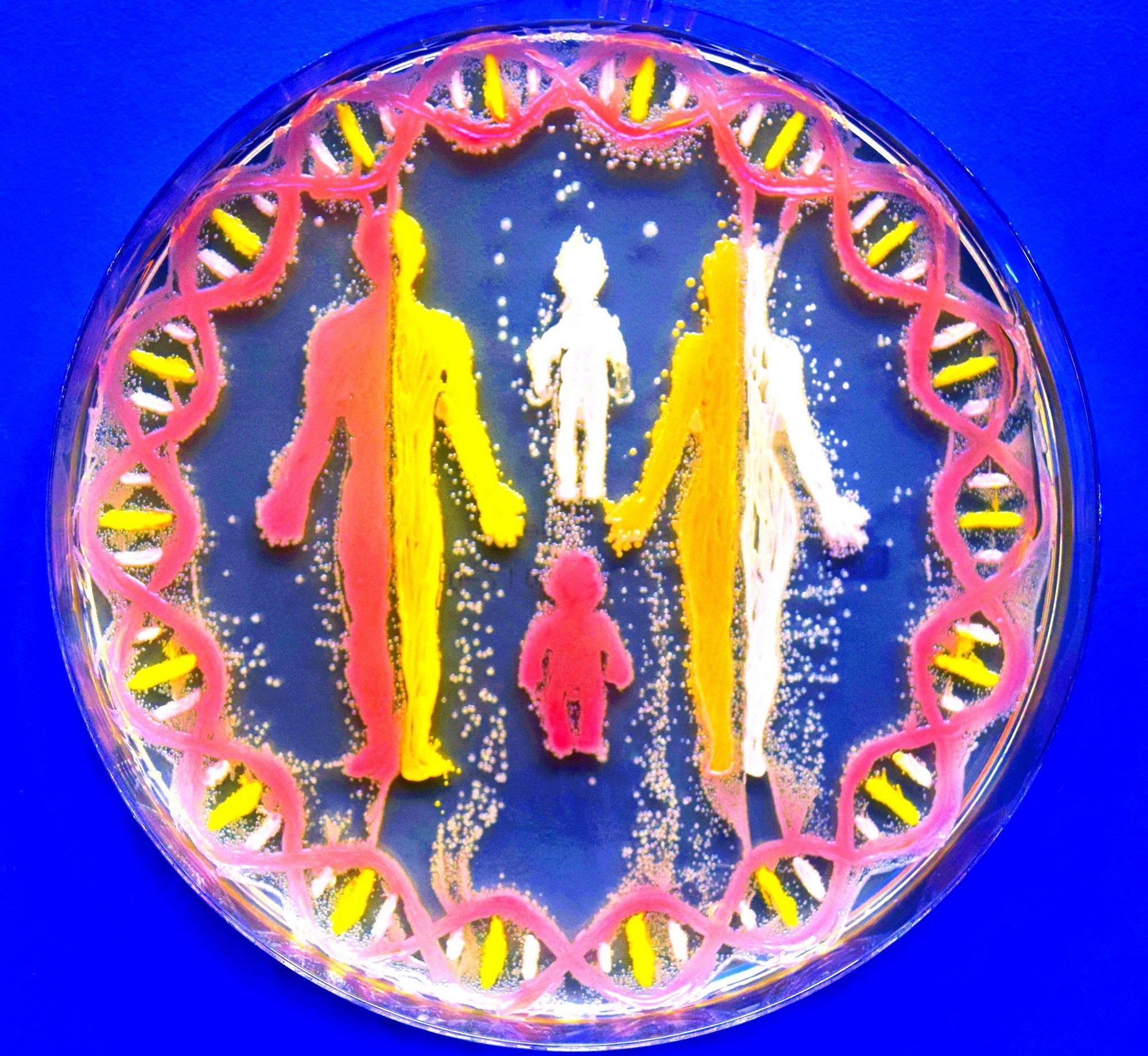
Bacteria is a living god. One planet-spanning being — immortal, creative, and powerful. Bacteria were the first life, they created the conditions for life, and they maintain life to this day. In a very biological sense, God is real, but it’s not an old man in a flowing beard. God is bacteria. Their pronouns are they/them.
You Are Bacteria
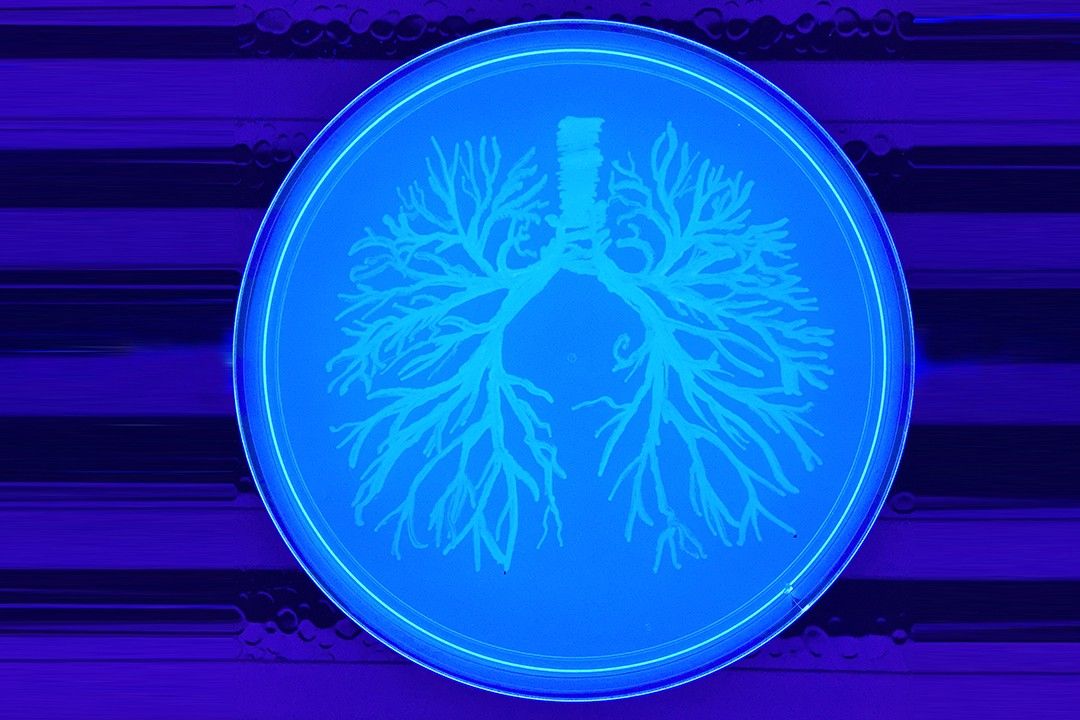
We think of bacteria as something small, insignificant; an annoyance in our toilet bowl or at our hospital bed. In fact, you are bacteria. Your body contains 10X more bacterial cells than animal. Update: as per a comment from James Wazzo, the modern calculation is closer to 1.3 bacterial to 1 human, ie, your body is probably a little over 50% bacterial cells.
At the core, every cell in your body contains living bacterial code. We carry our own DNA and a completely other set of DNA in the mitochondria. This is an ancient bacterium, living in symbiosis with us. Mitochondrial DNA is passed asexually, from mother to child, incurring only small mutations over time. This foreign code enables us to unlock the energy of oxygen. It is our living passport to the bacterial world.
Bacteria Are Immortal
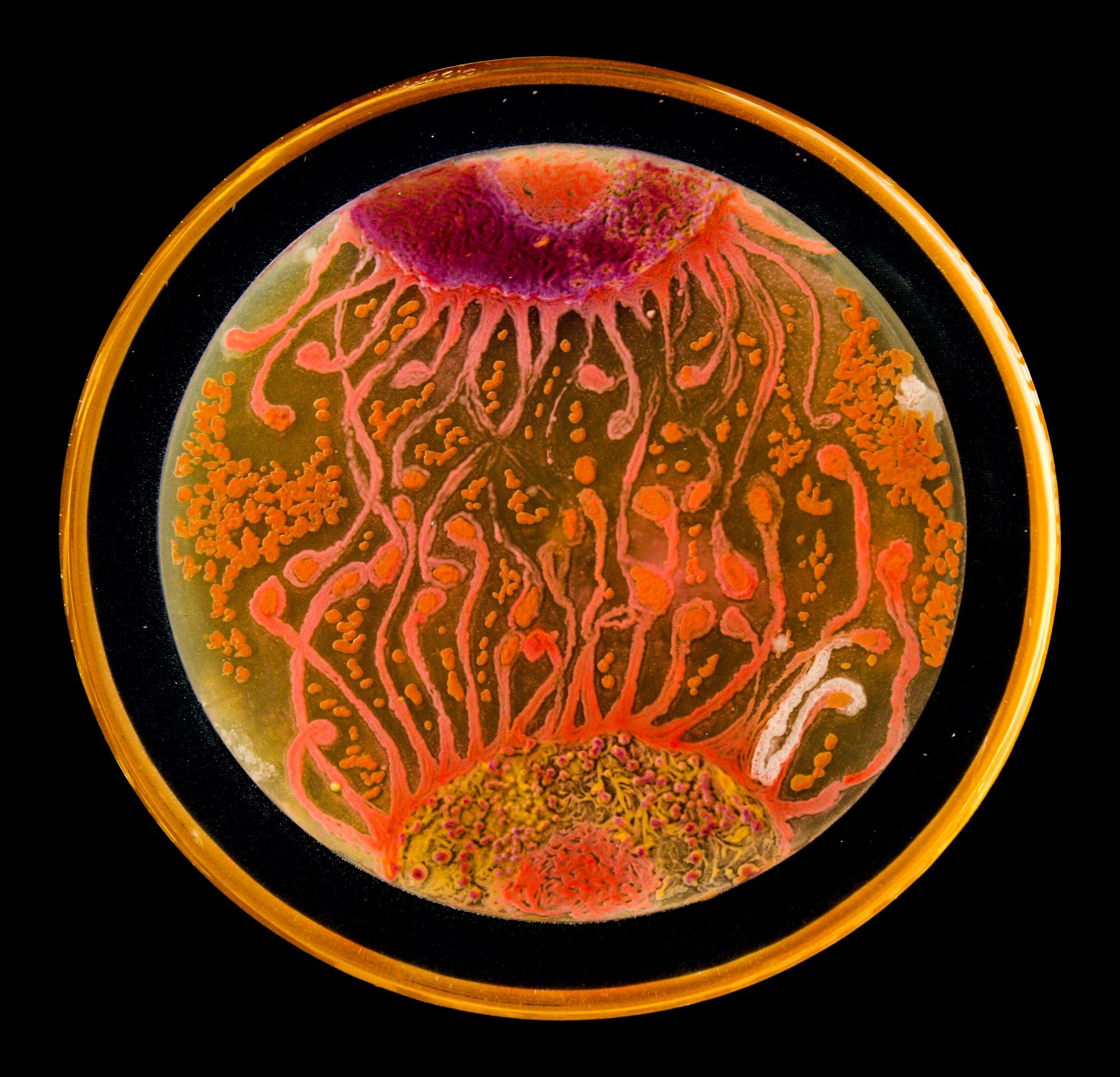
Bacteria do not reproduce sexually like us. They copy, clone and share DNA promiscuously in near real-time, across a global network. We experience this as viruses mucking with our own DNA, or anti-biotic resistant diseases, but this type of information sharing has been the language of life for billions of years, before sex.
Bacteria are not, therefore, a bunch of tiny, different species. Speciation is a largely sexual concept. Species are genetic islands, capable of reproduction only within themselves. Bacteria are the sea. As Lynn Margulis and Dorion Sagan write in Microcosmos:
All bacteria are one organism, one entity capable of genetic engineering on a planetary or global scale. In the words of Canadian bacteriologists Sorin Sonea and Maurice Panisset, this entity is, in effect “a unique, complex type of clone, composed of highly differentiated (specialized) cells.” (Microcosmos, 89)
Bacteria is thus a giant cybernetic organism, comprising what we call the biosphere of the earth. It’s not a bunch of tiny, individual bacterium; it’s one giant lifeform, towering over tiny us. Bacteria are immortal.
While genetically fluid bacteria are functionally immortal, in eukaryotes [creatures like us, with nuclei], sex becomes linked with death. (Microcosmos, 93)
Sex is the pleasure and creation of the individual, separate from God, and is in many ways the original sin. The wages of sin is death. Bacteria do not have sex and are thus immortal. We have sex and therefore must die.
Bacteria Created Life
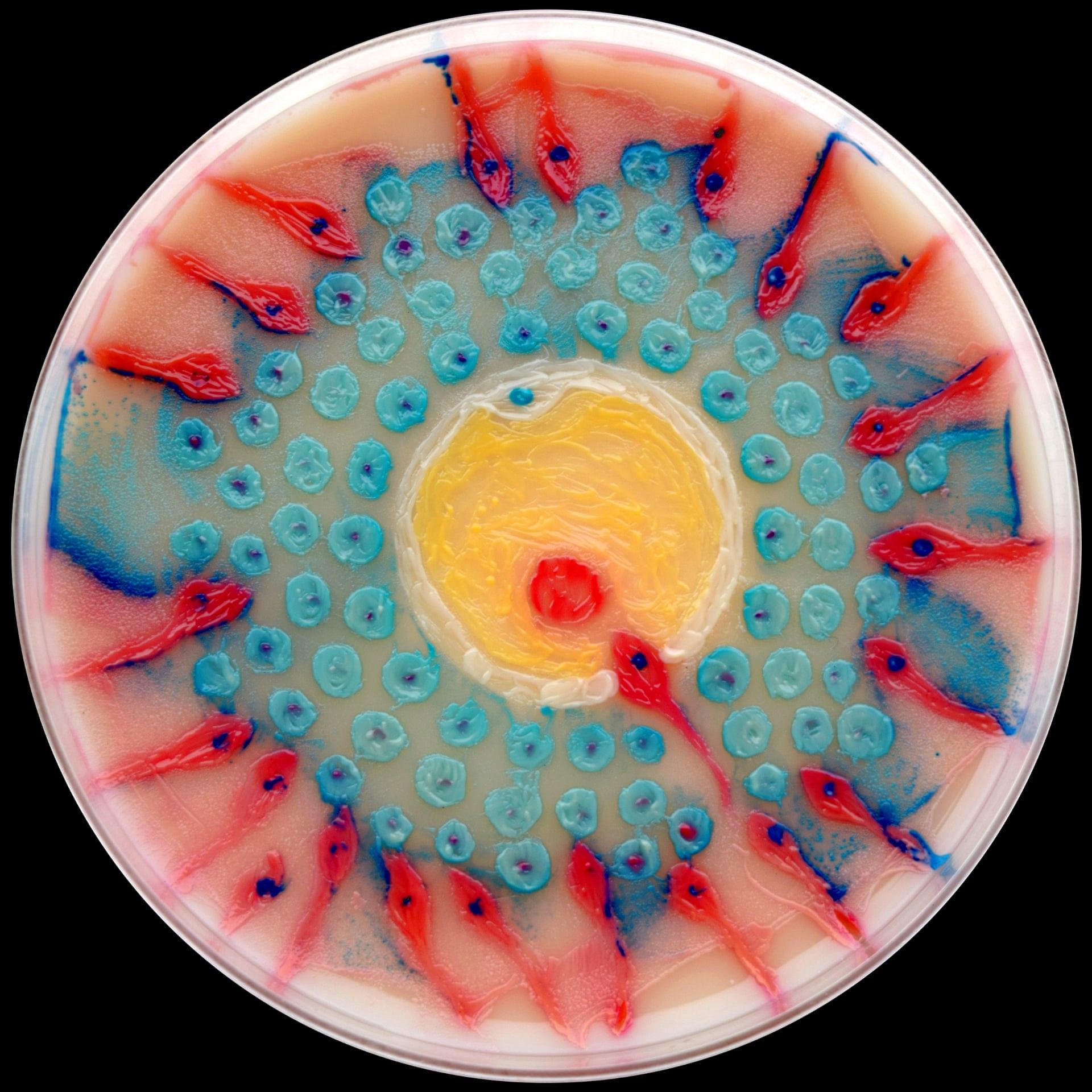
Bacteria are not fellow travelers on this rocky Earth with us. They terraformed the Earth and created what we call soil and air. They are not another kingdom of life, they are king.
Take oxygen, the energetic, toxic drug that we are all addicted to. We need it in every breath, processed by our bacterial passport, the mitochondria. Oxygen went from 0.0001% of the atmosphere to 21% by bacterial processes, and then bacterial cells embedded in plants. This is not some random percentage, any lower and life would die, any higher and the entire world would catch fire. “If oxygen were a few percent higher, living organisms themselves would spontaneously combust.¹¹¹”
Our atmosphere is constantly regulated by a cybernetic network of bacteria. In a very real sense, they and not humans are the intelligent life on Earth. They are the climate that we are flippantly changing, and even if we top ourselves they will remain.
Like the dinosaurs, we are fragile flesh on a bacterial stage. Merely actors. Bound by sex, threatened by famine or asteroid or foolishness, humans may completely disappear as have 99% of lifeforms before us. Bacteria will continue deep under the sea or within the Earth, perhaps even hurtling through space. Bacteria have created life many times before and it’s not clear that we are their favorite creation. We are just one among many, distinguished only by our unruliness.
Bacteria Is Powerful
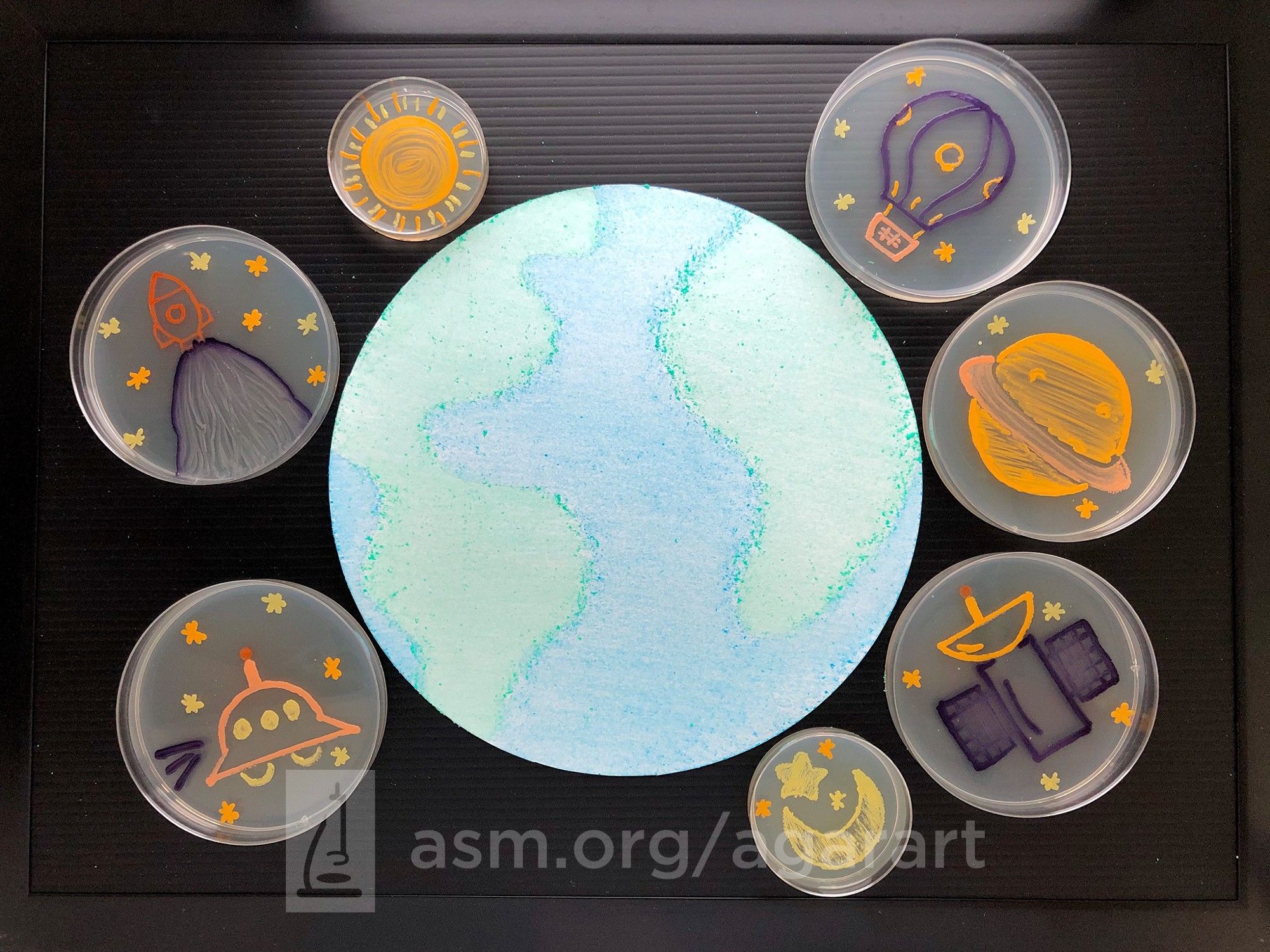
Humans like to think that we are powerful, but geologically speaking we are just a fart in the wind. Our towers and works will be subducted under the earth. Our radio waves will dissipate. All that will be left will be a tiny smear of carbon, invisible unless you look for it. All of human civilization, indistinguishable from a volcano. Like I said, a geological fart in the wind.
Bacteria’s work, however, is visible from light-years away. The bacterial atmosphere has changed the light spectrum of our planet. These levels of oxygen can be seen and, indeed, we can find them nowhere else in the visible universe.
Ancient civilizations had weather gods, but bacteria are the weather. They regulate the temperature, chemistry and the very physics of the planet and have done so for billions of years. We, their children, are diddling with the thermostat, but they’ll reset it, on their own time, within a few million years.
God Is Indifferent
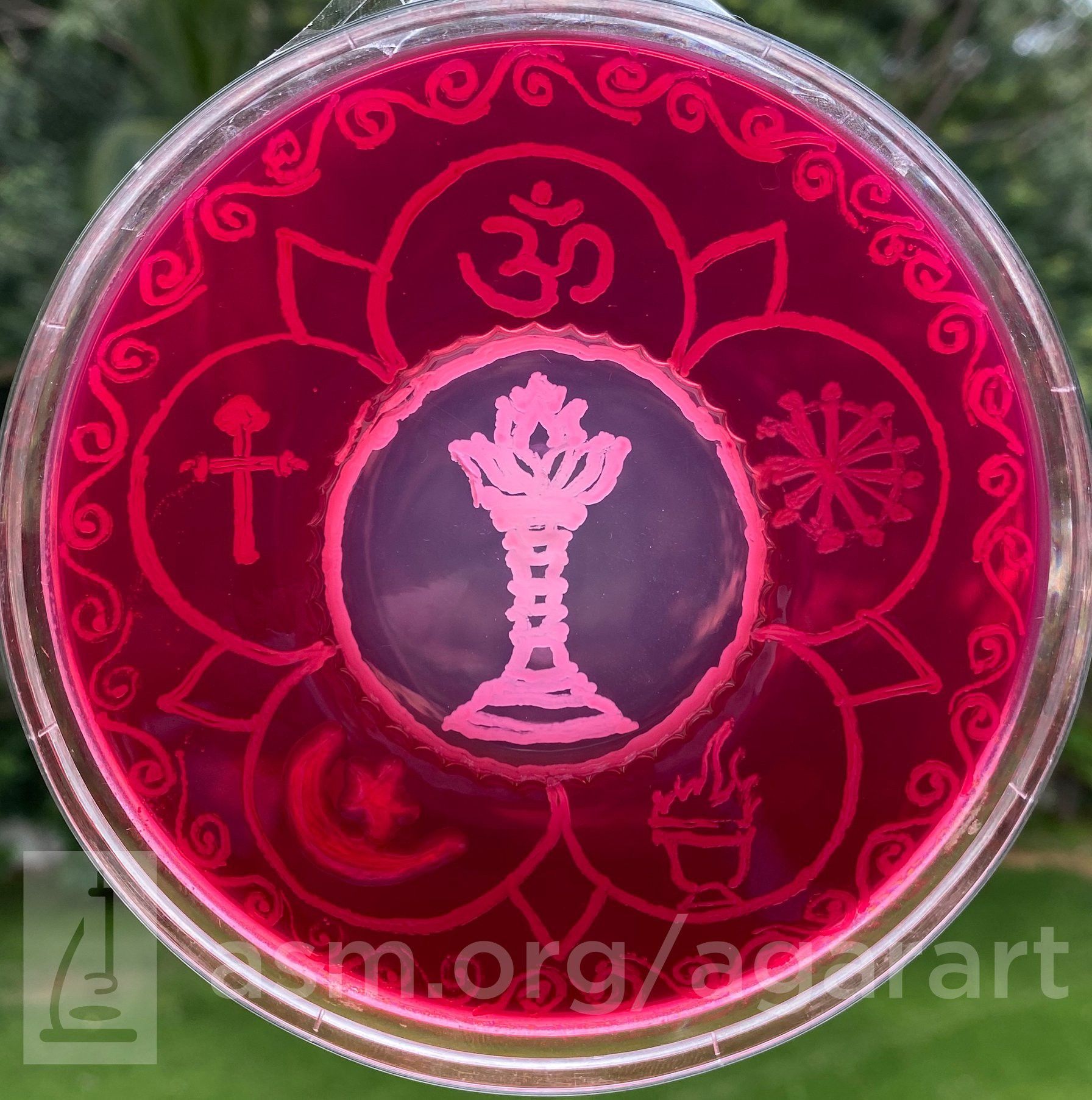
While it is mindblowing to think that an invisible god creates, maintains and destroys life on Earth, it is also shattering to know that this god is entirely indifferent. Though they live within us, feed us, give us life with every breath, bacteria fundamentally do not care. God is entirely real, and entirely indifferent.
Bacteria is god, but we are not made in their image. They are immortal and span an entire planet while we are terribly mortal and small. While bacteria form a cybernetic system, they do not make conversation, or art. It is humbling to think that we can never, in any real sense, meet our maker. God is everywhere and thus can never meet us here.
And yet they are. The humble bacteria that we try to wash away is nonetheless within us, all around us and before and after us. It raised us from dust and will decompose us to dust in the end. We will live and die feeling, for the most part, entirely alone, not knowing that this god is very real and very much alive. You can put almost anything under a microscope and see one of their trillion faces. God is bacteria.